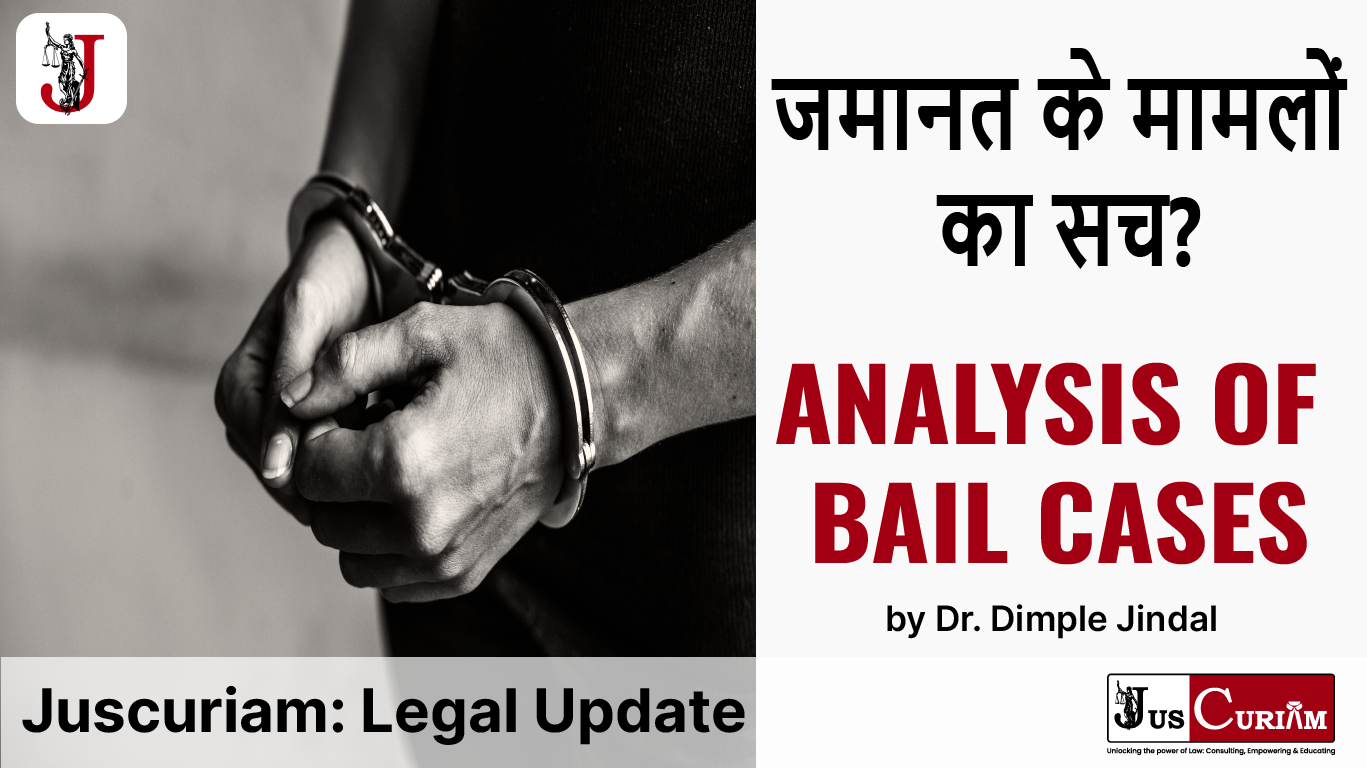The outcome of the bail applications was unknown in 80% of the cases researched, and the exact act of the crime was not identifiable in more than 77% of the cases in which the persons were seeking bail.
Across all High Courts, DAKSH analyzed 9,27,896 bail cases that were filed between 2010 and 2021. The median days for the disposal of regular bail cases in the Jammu & Kashmir High Court were 156 days, for the Orissa High Court, 61 days, and for the Bombay High Court, 56 days.
Given the very high number of days it takes to dispose of bail cases (which are generally considered to not require much judicial time or deliberation), the lack of data to understand the reason for the delay is worrying. The data regarding the outcome of bail applications in High Courts was also missing.
In close to 80% of the disposed bail cases in all High Courts, the outcome of the bail appeal—whether it was granted or rejected—was either unclear, or missing, and surprisingly, this figure is 95% in the case of the Bombay High Court. This shows how the High Courts are working in our judicial system.
The State judiciaries are working arbitrarily with regards to the acceptance of bail applications. Many innocent persons are arrested on the basis of wrong F.I.R.s or complaints, and due to the non-consideration of bail applications in time, their right to liberty is badly affected, and their reputation is also tarnished in society. This is an irreparable loss for that person. Bail applications must be considered on a priority basis.
(*Source: Indian judicial data hides more than it reveals in bail cases—an article published in The Hindu, p. 7, August 14, 2023, Mohali edition and DAKSH’s ‘High Court Data portal.)
Article Reviewed by: Dr. Dimple Jindal
Go online for legal updates at www.juscuriam.com
